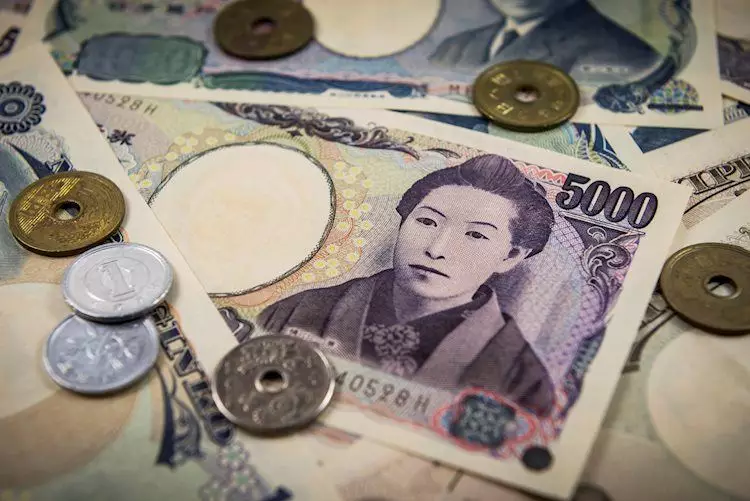The Japanese Yen has seen a slight uptick as the government announced a substantial allocation of ¥989 billion towards energy subsidies. This move has provided support to the currency amid economic uncertainties and challenges.
Recent weak manufacturing data in Japan has led to speculation that the Bank of Japan (BoJ) might delay any further rate hikes. This uncertainty has put pressure on the Japanese Yen, causing it to struggle against other major currencies.
On the other hand, the US Dollar has received a boost from improving Treasury yields. Positive economic indicators have helped strengthen the USD against its counterparts, including the Japanese Yen.
The US Bureau of Economic Analysis reported that the Personal Consumption Expenditures (PCE) Price Index increased by 2.5% year-over-year in July, falling slightly below estimates. This data, along with other economic indicators, has influenced the performance of the USD in the foreign exchange market.
In contrast, Tokyo’s Consumer Price Index (CPI) showed an increase in August, with both headline and core CPI rising year-over-year. Despite this positive trend, Japan’s Unemployment Rate unexpectedly climbed to 2.7% in July, adding to economic uncertainties.
Federal Reserve Bank of Atlanta President Raphael Bostic hinted at the possibility of rate cuts due to cooling inflation and rising unemployment rates. This stance has implications for the USD and its performance in the forex market.
The US Gross Domestic Product grew at a stronger-than-expected rate in the second quarter, while Initial Jobless Claims decreased slightly. These economic indicators play a crucial role in shaping market expectations and influencing currency movements.
The USD/JPY pair is currently trading around 146.70, with technical indicators pointing to a bearish trend. The pair faces key support and resistance levels, which could determine its future trajectory in the forex market.
Japanese Finance Minister Shunichi Suzuki highlighted various factors that influence foreign exchange rates, including monetary policies, interest rate differentials, and geopolitical risks. These factors, along with market sentiment, contribute to the volatility of currency pairs like USD/JPY.
Economic data and market dynamics have a significant impact on the USD/JPY exchange rate. Understanding these factors and their implications is crucial for traders and investors looking to navigate the forex market effectively.

